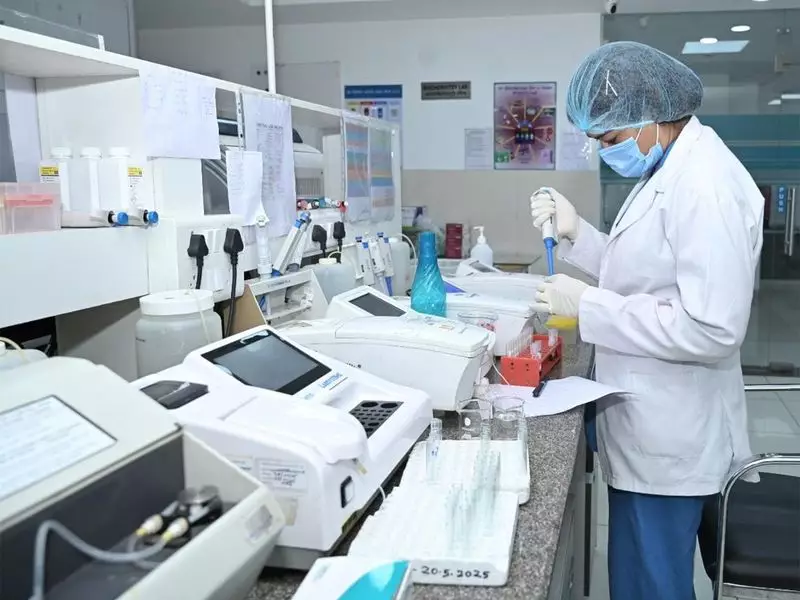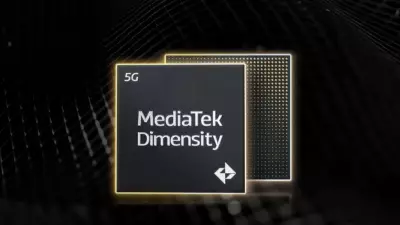
The healthcare sector in India is witnessing a revolutionary transformation as artificial intelligence firms discover gold in what was previously considered digital waste - unstructured clinical data. This untapped resource is creating fresh market opportunities estimated at a staggering $20 billion for companies specializing in AI-powered medical solutions.
The Hidden Treasure in Medical Records
Across India's healthcare landscape, a massive amount of clinical data remains locked in unstructured formats including doctor's handwritten notes, prescriptions, medical charts, and diagnostic reports. This valuable information, until recently, was largely inaccessible for systematic analysis and research purposes. The situation is particularly challenging in tier-2 and tier-3 cities where digital documentation practices are still evolving.
Industry experts reveal that approximately 80% of all medical data in India exists in unstructured forms. This includes critical patient information that could significantly enhance diagnostic accuracy, treatment planning, and medical research if properly organized and analyzed. The complexity of medical terminology, variations in documentation styles, and handwritten content have traditionally made this data difficult to process using conventional methods.
AI Solutions Breaking New Ground
Several Indian AI startups and established technology companies are developing sophisticated solutions to tackle this challenge. These firms are creating advanced natural language processing algorithms specifically trained on medical terminology and clinical documentation patterns prevalent in Indian healthcare settings. The technology can interpret diverse data formats including scanned documents, PDF reports, and even images of handwritten medical notes.
One prominent player in this space, Qure.ai, has demonstrated remarkable success in processing radiology reports and other medical documentation. Their technology can extract structured information from complex medical reports, enabling better data organization and analysis. Similarly, other companies are developing solutions tailored for specific medical specialties including cardiology, oncology, and pathology.
The potential applications extend beyond mere data organization. AI systems can identify patterns and correlations that might escape human observation, potentially leading to earlier disease detection and more personalized treatment approaches. This is particularly significant for a country like India that faces a high burden of both communicable and non-communicable diseases.
Transforming Healthcare Delivery and Research
The implications of successfully harnessing unstructured clinical data are profound for India's healthcare ecosystem. Hospitals and diagnostic centers can improve patient care through better data accessibility and historical analysis. Physicians can access comprehensive patient histories quickly, reducing diagnostic errors and enabling more informed treatment decisions.
For medical researchers, this represents an unprecedented opportunity. The ability to analyze large volumes of real-world clinical data can accelerate medical research and drug development. Indian population-specific health insights that were previously buried in paper records can now be extracted, potentially leading to more effective treatments tailored to the genetic and environmental factors unique to the region.
The economic impact is equally significant. The $20 billion market opportunity includes not just the direct revenue from AI solutions but also the substantial cost savings for healthcare providers through improved efficiency and reduced errors. Insurance companies can benefit from more accurate risk assessment and fraud detection capabilities.
As this market matures, we're likely to see increased collaboration between technology companies and healthcare providers. The successful implementation of these AI solutions could position India as a global leader in medical AI applications, particularly for emerging markets facing similar challenges with unstructured clinical data.





